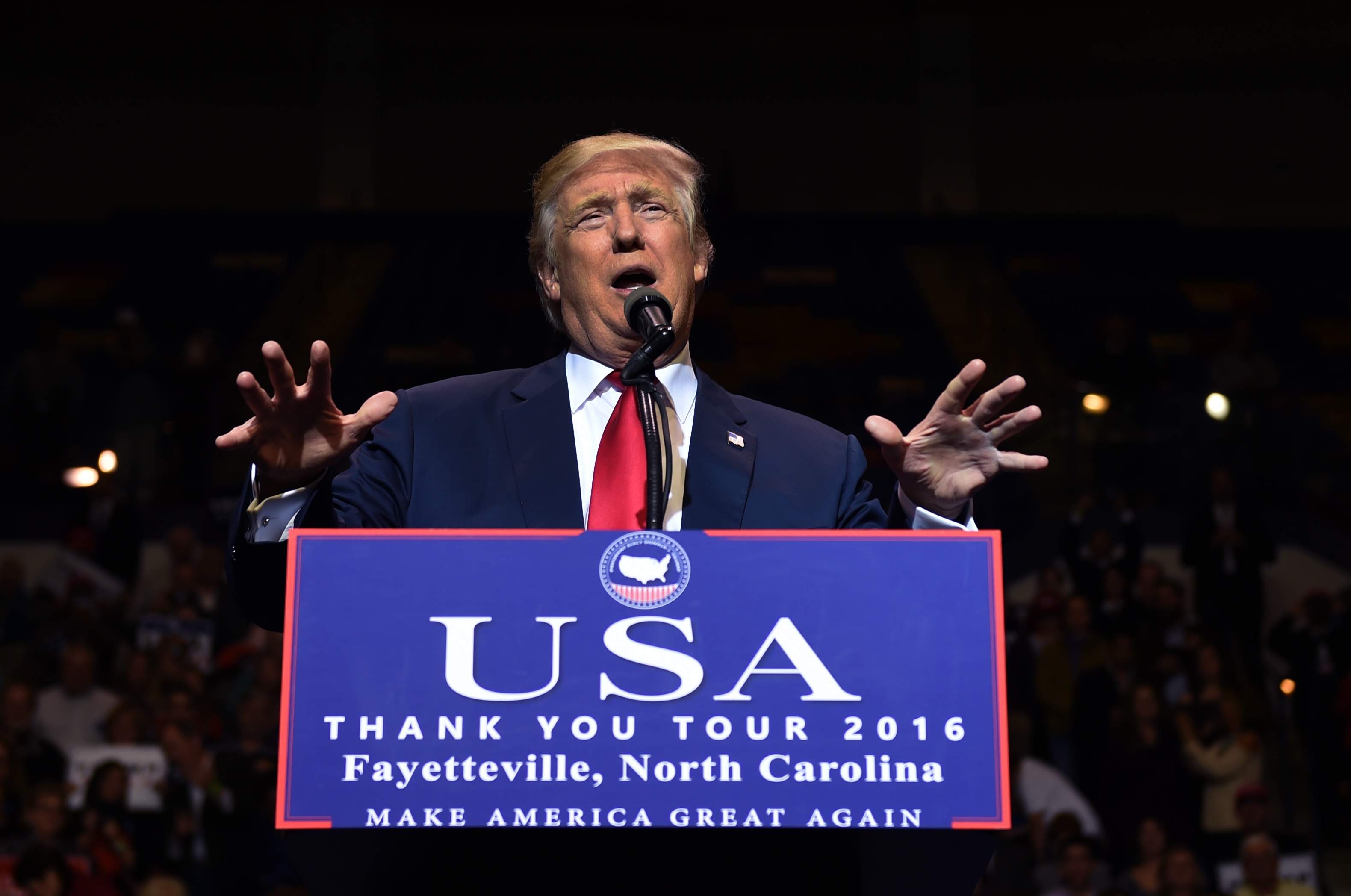
It was only a matter of time before Donald Trump's attention would turn to Boeing, the US' largest exporter and its second-largest defence contractor. One of Boeing's biggest customers happens to be China, the country the president-elect seems most intent on antagonising.
On Tuesday morning, Trump tweeted that the Pentagon should cancel an order with Boeing Co. for a modernised 747 Air Force One, the plane that ferries the president around the world, because of what he said were ridiculous cost overruns. His tweet pegged the plane's cost at "more than $4 billion."
There is so much to unpack in this brief episode that it's hard to know where to begin. For starters, Boeing doesn't have an actual order to build the plane. It has a $170 million contract to begin development work to add communications and anti-missile equipment and mid-air refueling capabilities on 747-200 replacement planes that probably won't go into service until 2023.
So why did the president-elect choose this moment to fly off the handle? It may have been to capitalise on a Washington Post expose about a Pentagon cover-up of a report on wasteful administrative spending. What better way to show some populist outrage at the outgoing administration than by canceling new presidential planes, even if he's exaggerating the problem?
The Pentagon is budgeting $3.2 billion for research, development, construction and acquisition of new 747-8 planes through 2021, says Kevin Brancato, a Bloomberg Government contracts analyst. After those initial expenses, the new jets will cost taxpayers about $225 million apiece, largely to tailor the planes specifically for the needs of the president.
They would replace outdated versions that have been flying presidents since George H.W. Bush was in office. "This is what an Air Force One costs," Richard Aboulafia, an aerospace analyst with Teal Group, tells Bloomberg News. "There have been no cost overruns."
This is not the first time Trump has stretched the facts to describe Boeing's behaviour. In February, he complained that the company was "building massive planes in China." Not exactly. Boeing's plant in China installs seats on smaller, single-aisle 737 jetliners specifically for that country's airlines.
If China pushes back on Trump's recent provocations, Boeing could well lose a huge chunk of business, along with many US jobs. Since 2000, Boeing has delivered almost 1,000 aircraft worth $60 billion to China. That's just the beginning: Over the next 20 years, the Chinese airplane market is expected to reach $1 trillion.
If Boeing doesn't sell planes to China, the only other maker of long-distance jumbo jets, Airbus Group, would get the business -- and European workers would get the jobs. US parts suppliers would also lose jobs, probably including some at General Electric, which makes the engines for Boeing's new 747-8 model.
What are the chances of this happening? Pretty good, I'd say. If Trump makes good on his threats to impose tariffs as high as 45 per cent on Chinese exports to the US, "China will take a tit-for-tat approach," the Chinese government-controlled Global Times wrote in a November 13 editorial. "A batch of Boeing orders will be replaced by Airbus."
Should that happen, thousands of blue-collar manufacturing jobs of the kind candidate Trump lamented were being lost in the US would disappear, putting at risk the US' largest exporter. President-elect Trump would achieve exactly the opposite of what candidate Trump claimed he would do. - Bloomberg View